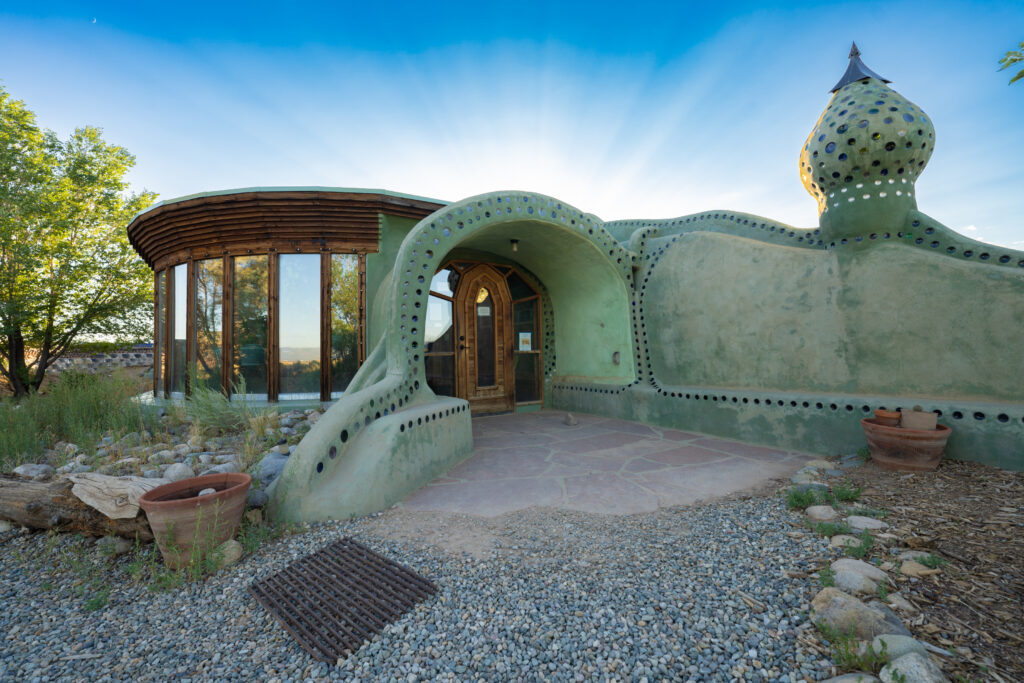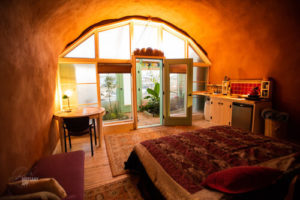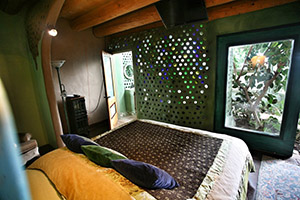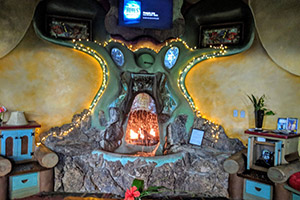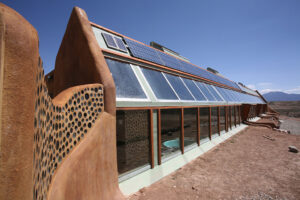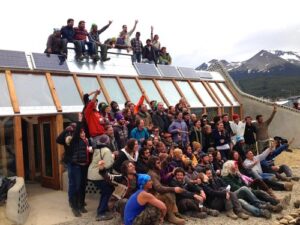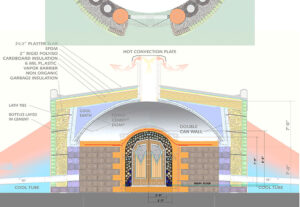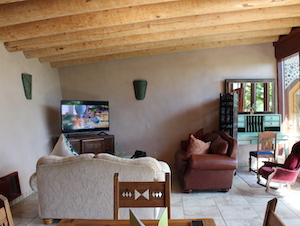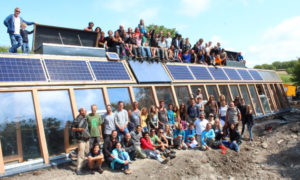Small-scale micro hydro power is both an efficient and reliable form of energy, most of the time. However, there are certain disadvantages that should be considered before constructing a small hydro power system. It is crucial to have a grasp of the potential energy benefits as well as the limitations of hydro technology. There are some common misconceptions about micro-hydro power that need to be addressed. With the right research and skills, micro hydro can be an excellent method of harnessing renewable energy from small streams. This article will attempt to outline some of the advantages and disadvantages of small scale water turbines.
Micro Hydro Pros – Advantages
Efficient energy source
It only takes a small amount of flow (as little as two gallons per minute) or a drop as low as two feet to generate electricity with micro hydro. Electricity can be delivered as far as a mile away to the location where it is being used.
Reliable electricity source
Hydro produces a continuous supply of electrical energy in comparison to other small-scale renewable technologies. The peak energy season is during the winter months when large quantities of electricity are required.
No reservoir required
Microhydro is considered to function as a ‘run-of-river’ system, meaning that the water passing through the generator is directed back into the stream with relatively little impact on the surrounding ecology.
Cost effective energy solution
Building a small-scale hydro-power system can cost from $1,000 – $20,000, depending on site electricity requirements and location. Maintenance fees are relatively small in comparison to other technologies.
Power for developing countries
Because of the low-cost versatility and longevity of micro hydro, developing countries can manufacture and implement the technology to help supply much needed electricity to small communities and villages.
Integrate with the local power grid
If your site produces a large amount of excess energy, some power companies will buy back your electricity overflow. You also have the ability to supplement your level of micro power with intake from the power grid.
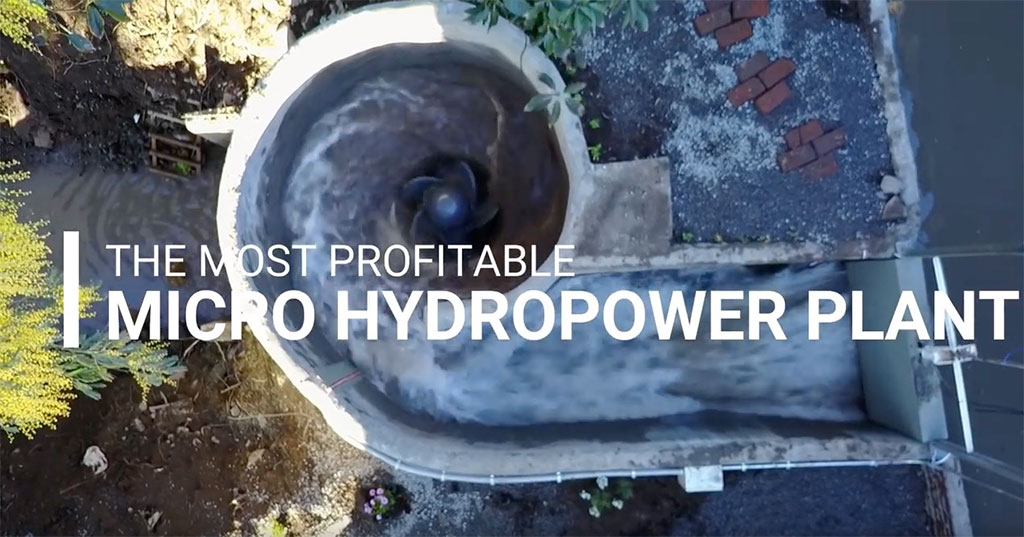
Micro Hydro Cons – Disadvantages
Suitable site characteristics required
In order to take full advantage of the electrical potential of small streams, a suitable site is needed. Factors to consider are: distance from the power source to the location where energy is required, stream size (including flow rate, output and drop), and a balance of system components — inverter, batteries, controller, transmission line and pipelines.
Energy expansion not possible
The size and flow of small streams may restrict future site expansion as the power demand increases.
Low-power in the summer months
In many locations stream size will fluctuate seasonally. During the summer months there will likely be less flow and therefore less power output. Advanced planning and research will be needed to ensure adequate energy requirements are met.
Environmental impact
The ecological impact of small-scale hydro is minimal; however the low-level environmental effects must be taken into consideration before construction begins. Stream water will be diverted away from a portion of the stream, and proper caution must be exercised to ensure there will be no damaging impact on the local ecology or civil infrastructure.
Misconceptions – Myths about hydro power
Small streams do not provide enough force to generate power
The Truth: Energy output is dependant on two major factors: the stream flow (how much water runs through the system) and drop (or head), which is the vertical distance the water will fall through the water turbine.
A large water reservoir is required
The Truth: Most small-scale hydro systems require very little or no reservoir in order to power the turbines. These systems are commonly known as ‘run-of-river’, meaning the water will run straight through the generator and back into the stream. This has a minimal environmental impact on the local ecosystem.
Hydro generators will damage the local ecosystem
The Truth: Careful design is required to ensure the system has a minimal impact on the local ecology. A small amount of energy compromise may result, but this will ensure that the project does not have an effect on local fish stocks. The Environment Agency requires that stream levels must be maintained at a certain level in order to sustain the life within. Since there is no loss of water in the generation process, these requirements can easily be met.
Micro hydro electricity is unreliable
The Truth: Technology advances (such as maintenance-free water intake equipment and solid-state electrical equipment) ensure that these systems are often more reliable in remote areas. Often these systems are more dependable than the local power main.
The electricity generated is low quality
The Truth: If the latest electronic control equipment, inverters and alternators are used, the resultant power supply has the potential to be of higher quality the main electrical power grid.
Hydro power is free
The Truth: Micro power development can be cost-intensive to build and maintain. There are some fixed maintenance costs. These costs vary according to site location and material requirements.
Micro-Hydro Resources
General Microhydro Information from Picoturbine
They offer plans, books, and kits for renewable energy education and homebrew projects. Projects are available as free, downloadable do-it-yourself plans, as well as kits that include all the materials for a modest charge. Have some hard-to-find books on homebuilt renewable energy and classic renewable energy titles.
Microhydro Directory
Web directory of information about micro hydro electric power generator systems and turbines.
Microhydro Discussion Group
This Yahoo discussion group focuses on technical and non-technical aspects of run-of-river micro hydropower schemes.
Microhydro Power Calculator (and more)
A energy output calculator that makes easy work out of all the calculations required to determine the potential micro hydro resource at either an existing or a new system.
Microhydro Web Portal
Microhydro web portal is the starting point for micro-hydro related information.
Moorehead Valley Hydro
Thompson and Howe Energy Systems feature some interesting micro hydro case studies.
Other Power
Otherpower is a large information resource with a large variety of homemade small-scale renewable energy examples; including many micro hydro projects.

